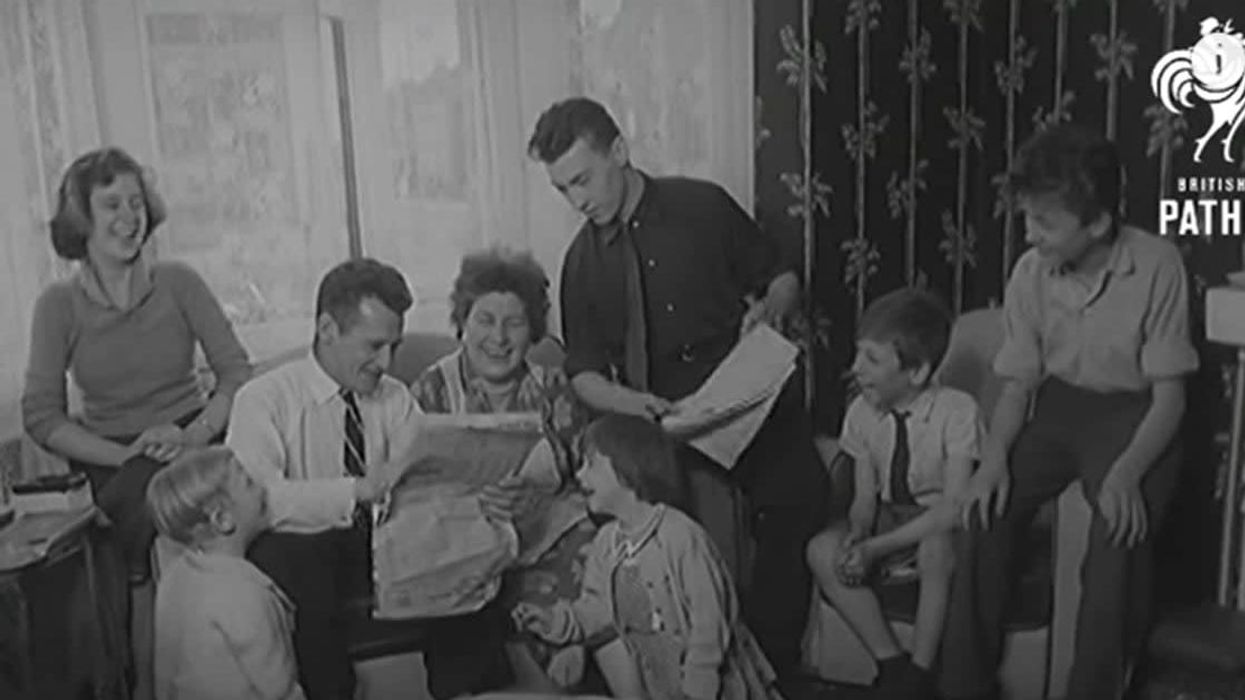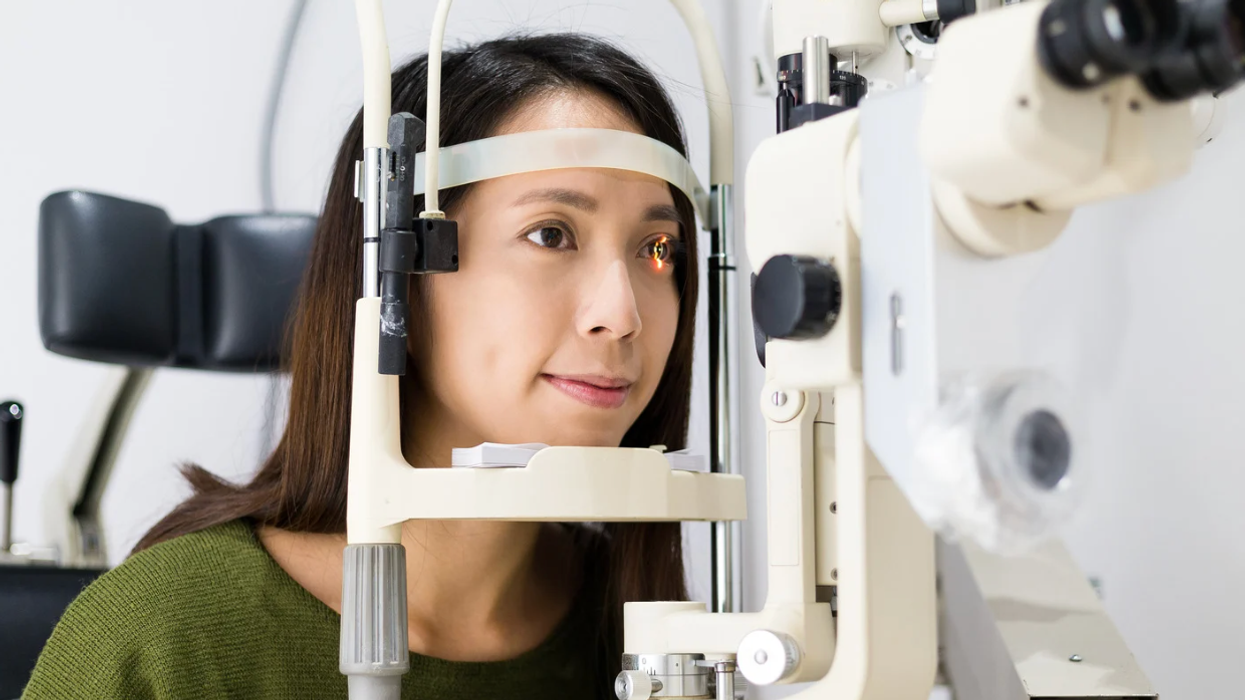A supermom from 1958 caressed her boy’s hair with her foot. She embroidered clothes with her foot and then spent some relaxing moments sipping a cup of coffee, that too, with her foot. What most people do with their hands, Phyllis Lumley did with her feet. Even though she did not have arms, she would find a way around every difficulty. She relied on her supple feet to raise a happy family of seven children.

Phyllis Lumley was one of the most exceptional mothers in Britain. She overcame limitations and did all her work with her feet, not leaving any stone unturned to give her best. British Universities Film & Video Council called her the “Mother in a Million.” She resided in her six-roomed house in Battersea, London.
The remarkable story of Lumley recently surfaced on social media when a post on X by @historyinmemes featuring her attracted 17 million views. People expressed their reverence for the brave lady who seemed to perform even hard tasks with ease. The post’s caption read, “The super mom of 1958.”
“Raised 7 kids without arms. Any excuses you might have in life seem petty now,” commented @kingcecrops. @pawanyadav8 said, “She was really a super mom. Even after being disabled, she did all that was needed for her kids, she even put the thread in the needle which most can’t even put using their hands.”
Many people shared inspirational insights that the video of the supermom prompted inside them. @ruthdavoice wrote, “We can all agree that the only limitation is our mind. Anything is possible.” @gilliroth said, “Moms do what moms have to do.”
Disability isn't inability
— Bett🇰🇪 (@kimtaaaii) May 13, 2024
In a light-hearted tone, @erickysonw said, “The Super Mom of 1958 must have had a cape hidden under her apron!” Whereas, @theoriginaljn proclaimed, “No disability can stop a super mom from being a super mom.”
The inspiring story of Lumley was also covered in a 1954 edition of a magazine. Snippets of this feature are available to read in the archives of the National Library of Australia. Speaking to the magazine, Lumley recalled a few moments of anxiety and fear she experienced when she was about to welcome her first baby. “Strangely,” she said, “they were just the usual fears and anxieties that every mother goes through the first time. I never once had a thought that the child might be born like myself—deformed.”
She described that she was often ostracized in her community. Old-fashioned mothers wouldn’t come close to her during their pregnancy believing that it would curse their babies and pass on her disability to their bodies. But when the time came for her first pregnancy, she found that the doctors and nurses treated her very much like other, normal mothers. “Right after the baby was born, I’m afraid I did ask whether she was all right. Then they brought her to me and it was the most wonderful moment in my whole life,” she recollected.
Using her feet, she worked in the kitchen, served her baby meals and ironed her baby’s clothes. To her utter happiness, all of her seven babies were born without deformity. She was married to a glazier, John Lumley. The couple had initially decided that one child would be good enough for them. But by the time Mrs. Lumley mastered the knack of dressing, undressing, feeding, and caring for her baby Marie, she could hardly wait for the next one.
Lumley said that her husband didn’t care about her disability and rather buttressed her with love, and fierce protection. She had declared that there was no need for anyone to consider her anything but a fortunate woman.
As per Big Red Book, the story of Lumley was also depicted by Eamonn Andrews in a 1963 episode of the BBC program “This is Your Life.”
























 Ladder leads out of darkness.Photo credit
Ladder leads out of darkness.Photo credit  Woman's reflection in shadow.Photo credit
Woman's reflection in shadow.Photo credit  Young woman frazzled.Photo credit
Young woman frazzled.Photo credit 